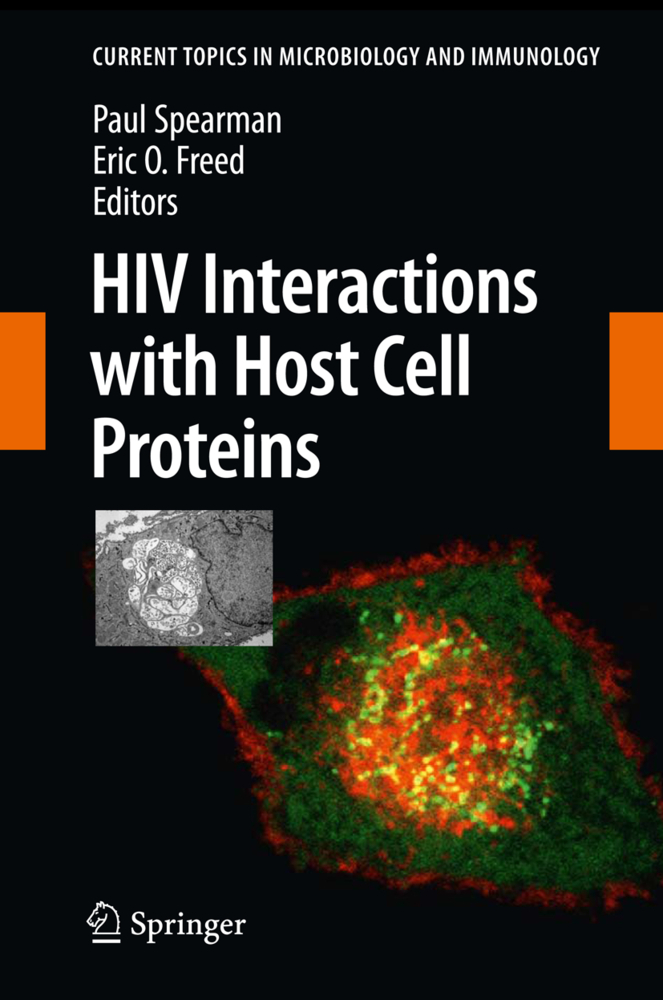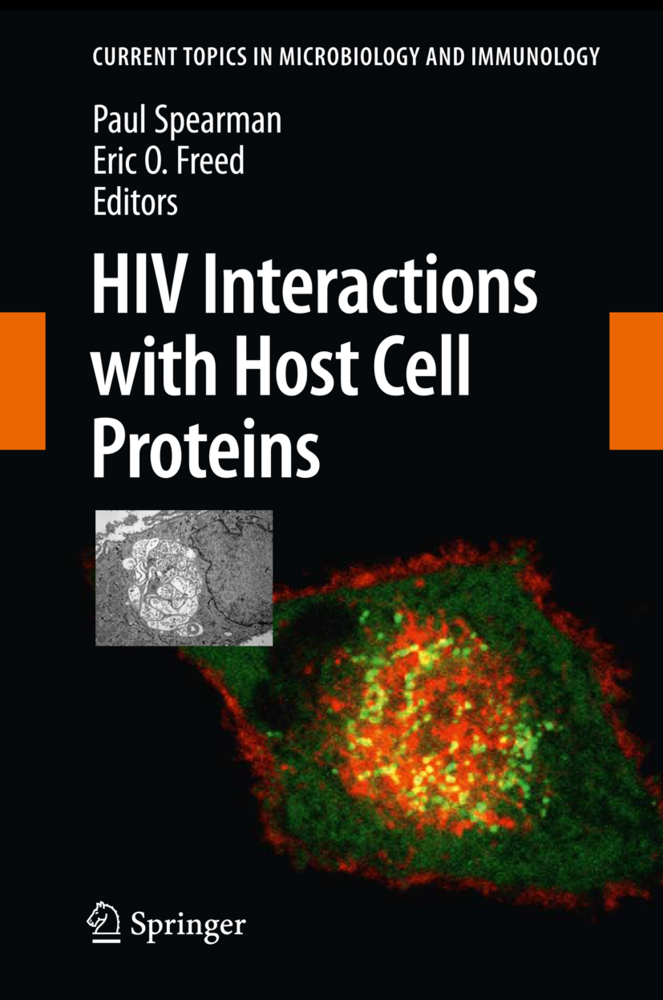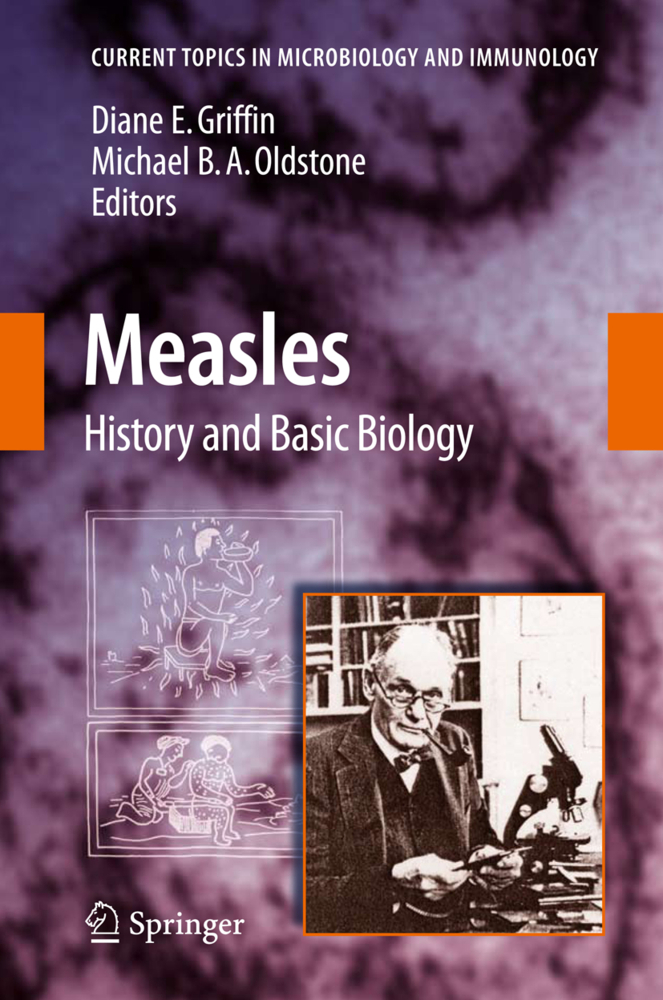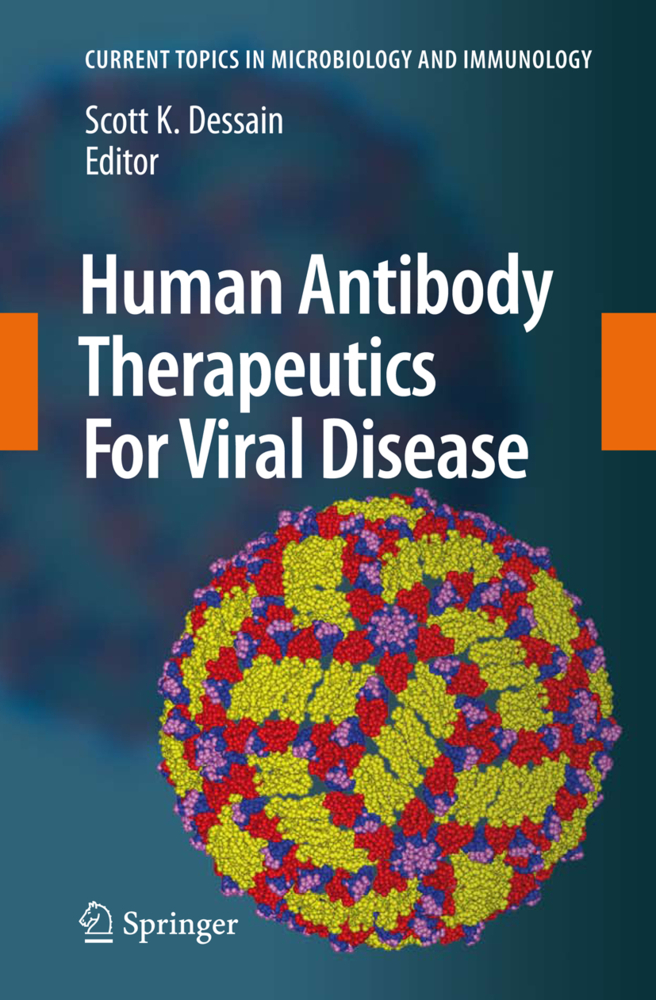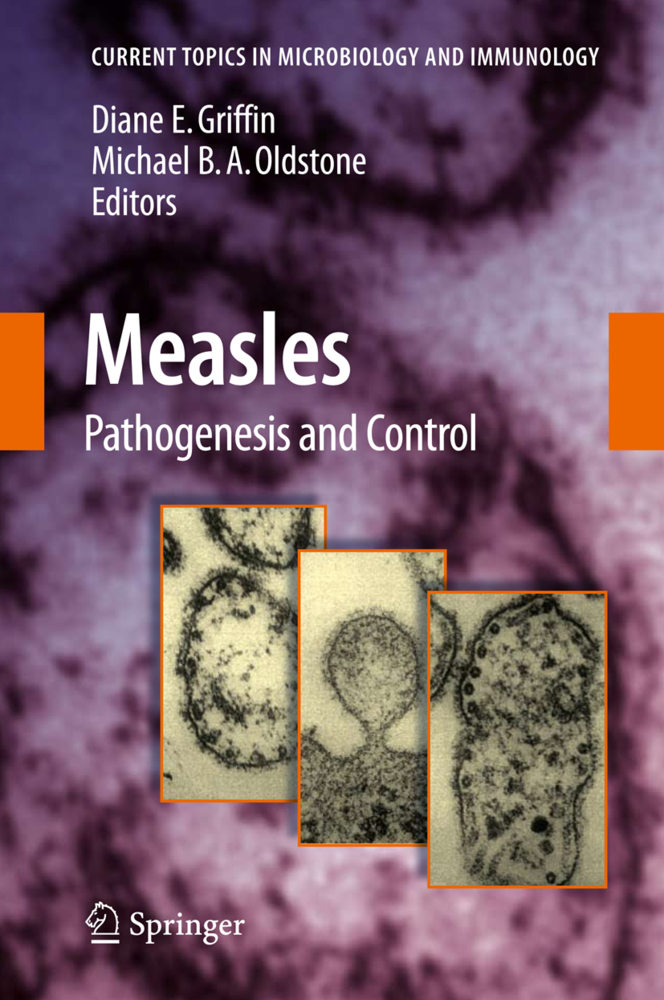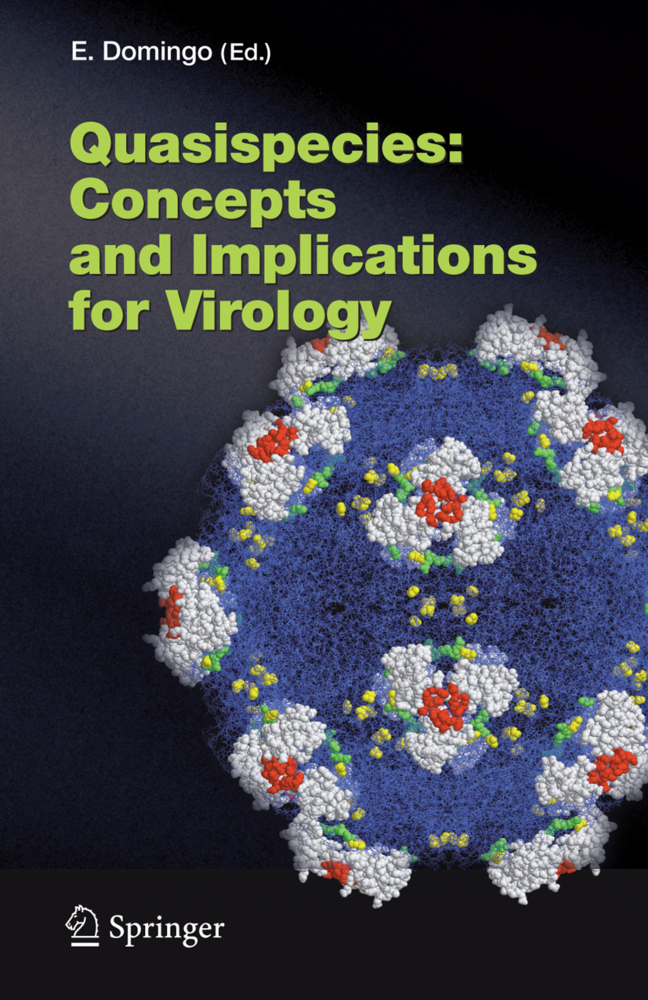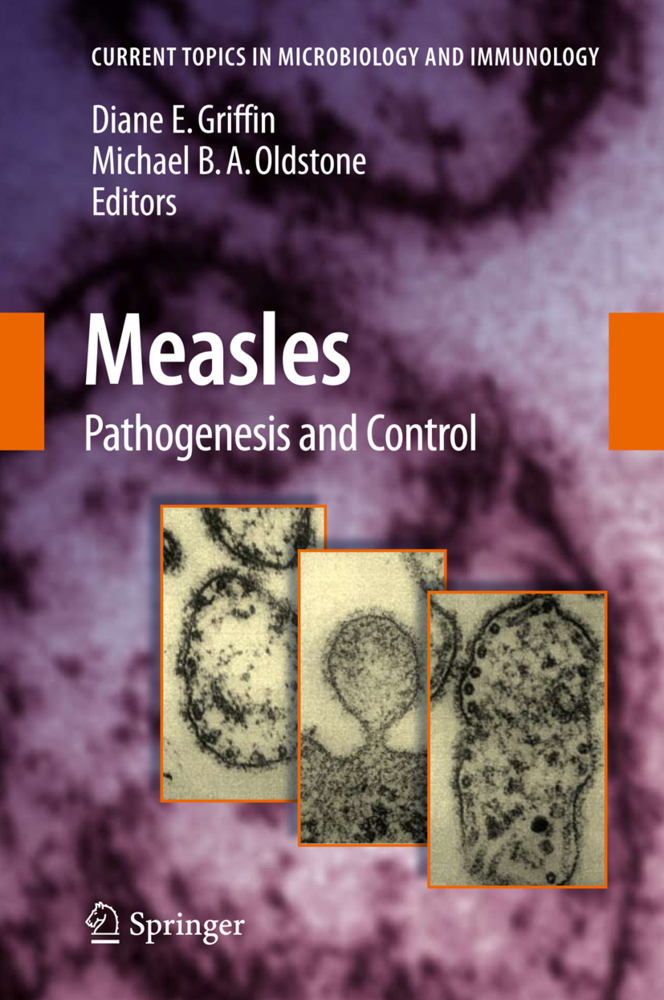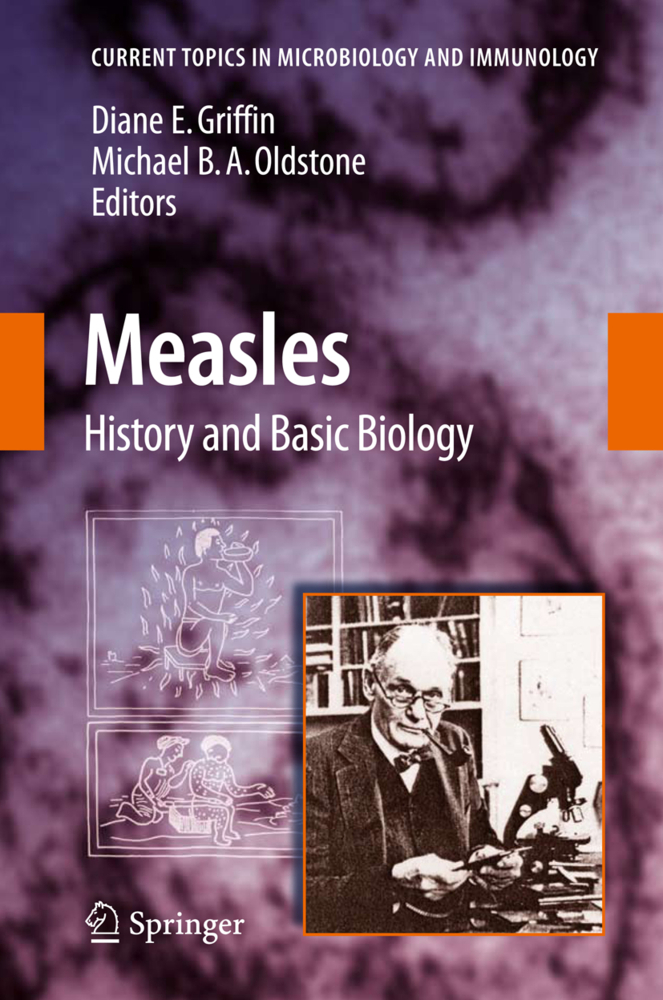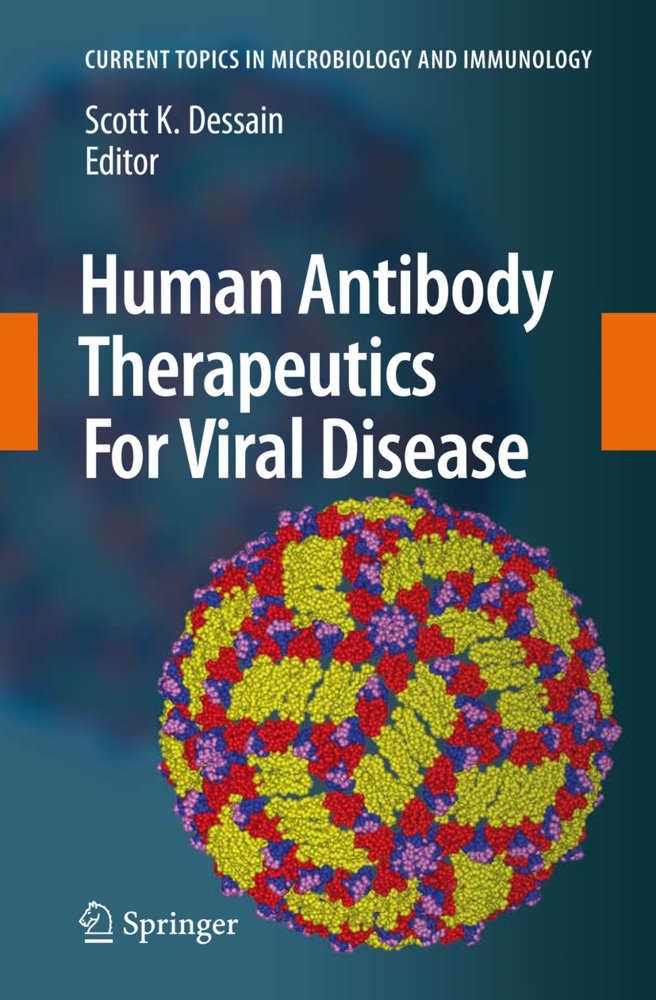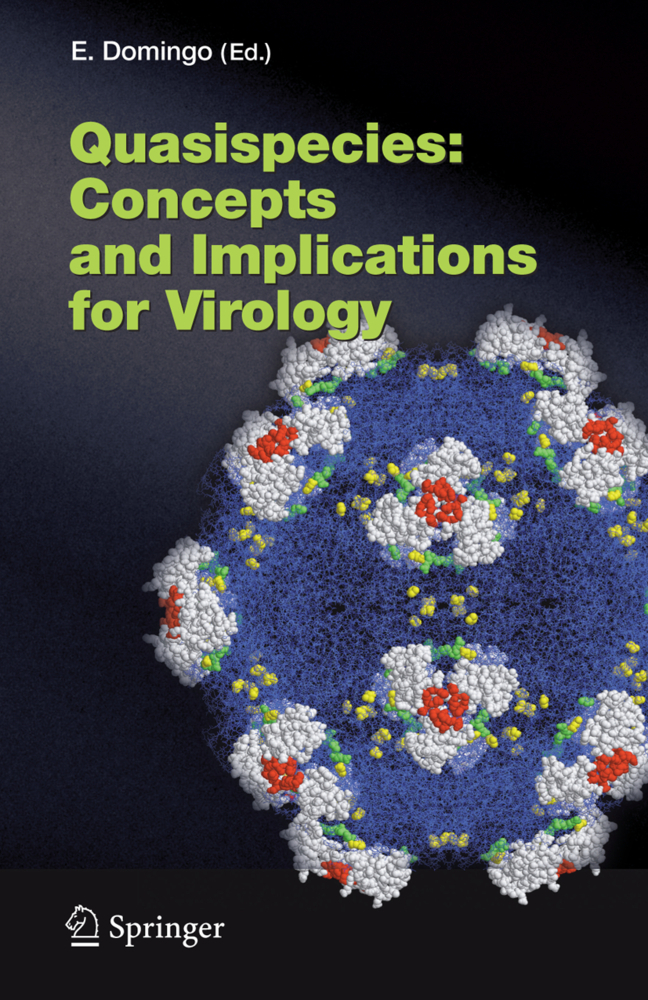HIV Interactions with Host Cell Proteins
The study of viruses necessarily involves dissecting the intimate details of cellular pathways. Viruses have often been employed as tools in studying cellular pathways, as was done by early retrovirologists such as Peyton Rous in attempting to understand the mechanism of cellular transformation and oncogenesis. On the other side of the coin, virologists seek to de?ne those cellular elements interacting intimatelywiththeir virus ofinterestinorder to better understand viral replication itself, and in some cases to develop antiviral strategies. It is in the intersection of virology and cell biology that many of us ?nd the most rewarding aspects of our research. When a new discovery yields insights into basic cellular mechanisms and presents new targets for int- vention to ?ght a serious pathogen, the impact can be high and the excitement intense. HIV has been no exception to the rule that viruses reveal many basic aspects of cellular biology. In recent years, in part because of the importance of HIV as a major cause of human suffering, numerous cellular processes have been elucidated through work on processes or proteins of this human retrovirus. The excitement in this ?eld is especially well illustrated by the discovery of new innate means of resisting viral replication, such as the work on APOBEC3G, TRIM5a, and BST-2/ tetherin presented in this volume.
TRIM5alpha
Human Immunodeficiency Virus Type-1 Gag and Host Vesicular Trafficking Pathways
The Roles of Tetraspanins in HIV-1 Replication
Imaging of HIV/Host Protein Interactions
Virological and Cellular Roles of the Transcriptional Coactivator LEDGF/p75
Implications of Nef: Host Cell Interactions in Viral Persistence and Progression to AIDS
Vpr and Its Interactions with Cellular Proteins.
Host Restriction of HIV-1 by APOBEC3 and Viral Evasion Through Vif
Interactions of Viral protein U (Vpu) with Cellular FactorsTRIM5alpha
Human Immunodeficiency Virus Type-1 Gag and Host Vesicular Trafficking Pathways
The Roles of Tetraspanins in HIV-1 Replication
Imaging of HIV/Host Protein Interactions
Virological and Cellular Roles of the Transcriptional Coactivator LEDGF/p75
Implications of Nef: Host Cell Interactions in Viral Persistence and Progression to AIDS
Vpr and Its Interactions with Cellular Proteins.
| ISBN | 978-3-642-02174-9 |
|---|---|
| Artikelnummer | 9783642021749 |
| Medientyp | Buch |
| Copyrightjahr | 2009 |
| Verlag | Springer, Berlin |
| Umfang | X, 204 Seiten |
| Abbildungen | X, 204 p. 26 illus., 20 illus. in color. |
| Sprache | Englisch |

